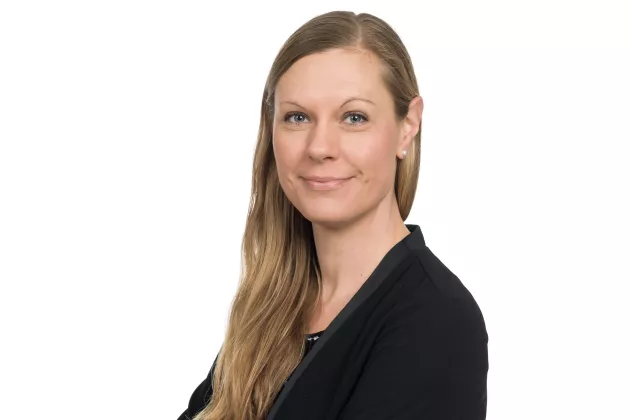CASE-researchers are current with an article published in JMIR Research Protocols, that describes the AGE-HERE project, aiming to develop knowledge of the relationship between health and economic factors that incentivize or disincentivize relocation during the process of aging.
The focus is on homeowners aged 55 years and older. The most common form of tenure, in Sweden and many other OECD countries, among this age group is single-family home ownership.
– The project is interdisciplinary and will integrate theory and methods from economics and gerontology. We will study if economic policies play a role in the decision to remain in single-family homes even when the home no longer supports older adults with declining health, says PhD student Maya Kylén.
Furthermore, the researchers expect this decision to also be related to a lack of affordable housing with good accessibility in the Swedish housing market.
Supports older adults to maintain active and healthy
It is currently unclear whether economic factors influence older adults' willingness to move, and the effects of economic policies on their actual behavior in the housing market are largely unknown.
There is little systematic analysis that has included economic factors and virtually no knowledge about the interplay among perceived costs of moving, health status, and the mobility rate of older homeowners.
The overarching objective of the AGE-HERE project is to develop that knowledge, using mixed methods convergent design across four studies. The initial quantitative register study and subsequent qualitative focus group study, will nurture the evidence base and the development of a national survey. The final study will synthesize and integrate the results of the entire project. The results from all studies will be synthesized in 2025.
Results from AGE-HERE will add to the knowledge base for research on aging, health, and housing and can play a critical role in guiding future policy decisions aiming to balance the housing market. Such developments may lower related social costs and support older adults to maintain active, healthy and independent.
